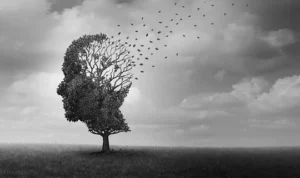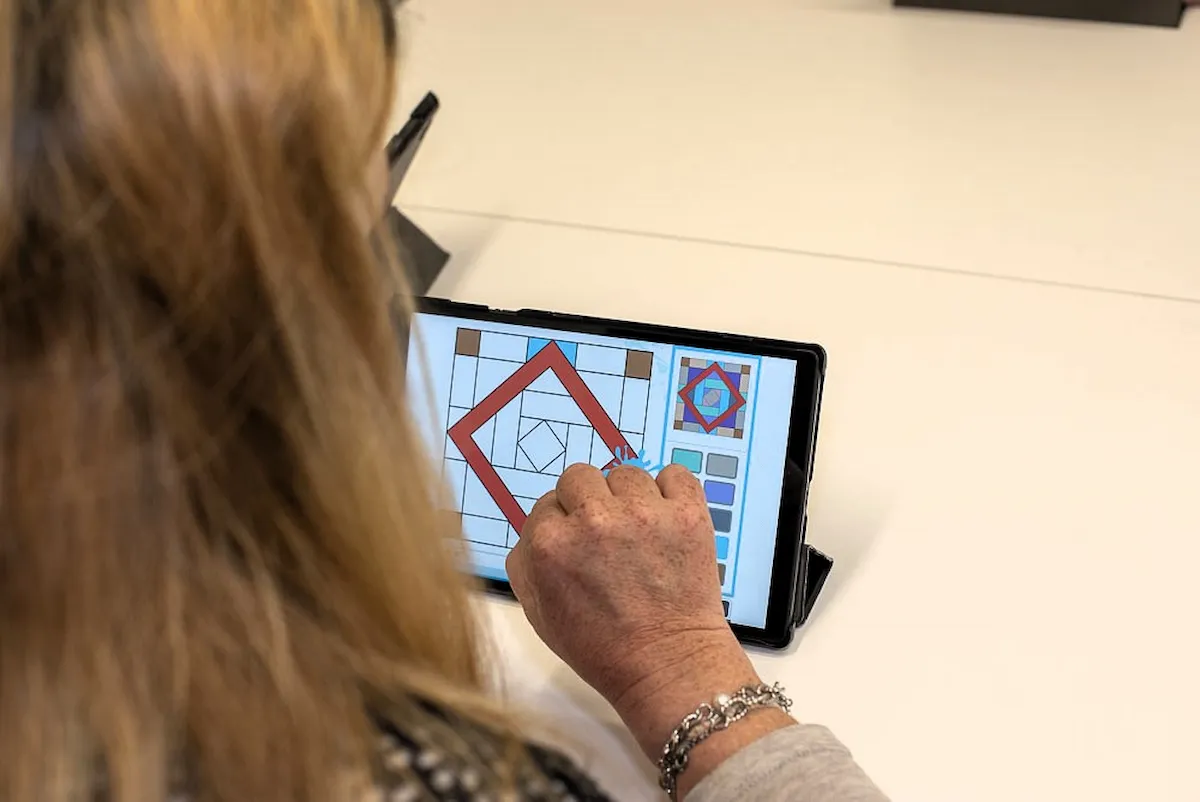Identity is the set of circumstances a person has that distinguish them from others. Without identity we do not exist. This is what happens to the primary caregivers of a person with Alzheimer’s. They cease to be. They cease to be because they are dedicated 100% to caring for a completely dependent person who needs them 24 hours a day, 7 days a week.
People who are caring for a person with Alzheimer’s have put their identity on hold to fully take on someone else’s. Their identity has been left waiting until they can reclaim it, and until then they devote body and soul to another person, living their life as best they can. It is not just, as most people think, that they cannot have leisure time or lack time to do the things they used to do; they have left behind life as they knew it, and in many cases have given up their job to care for their father, mother, or relative. And if they have done so, it was likely because they had no other option.
Maintaining identity when you are the primary caregiver of a person with Alzheimer’s is not an easy task since everyone has advice to give but no one stops to think if they can put it into practice, and on average a primary caregiver devotes approximately 15 hours a day, 7 days a week to the person they care for, so it is hard not to fall into burnout and that loss of identity we have been talking about. For this reason, World Alzheimer’s Day should also be Caregiver’s Day, because behind every person with Alzheimer’s there is one or more primary caregivers living two lives: their own and that of the person they help every day.
Ask for help
Professionals from different fields can set guidelines so that the caregiver does not fall into exhaustion and thus help preserve their identity as a person, but without adequate collaboration from the family or institutions it is a very difficult task. Attending support groups, acknowledging caregiver overload to detect it early and asking for help would be some of the fundamental pillars to help the caregiver not lose their identity, and to the physical and psychological strain is added an emotional burden of witnessing the deterioration of a loved one due to this disease.
REQUEST YOUR NEURONUP DEMO
Unconditional love
While it is true that there are, to a large extent, many negative consequences derived from being a caregiver, there are also components of that work that positively shape the personality of the caregiver. Patience, responsibility, unconditional love, and respect are fostered by the work of caring for someone day after day. Undoubtedly, during my professional journey related to Alzheimer’s disease, many caregivers have told me that despite how hard and devastating it was to care for someone with these characteristics, once it was over and after reflecting on the experience, they felt the great satisfaction of having done everything in their power to ensure the person had the best possible quality of life.
If you liked this article about the caregiver’s identity in the face of Alzheimer’s disease, you might also be interested in:
“This article has been translated. Link to the original article in Spanish:”
La identidad del cuidador frente a la enfermedad del Alzheimer







 CEAFA advocates for the value of the caregiver of people with Alzheimer’s
CEAFA advocates for the value of the caregiver of people with Alzheimer’s
Leave a Reply